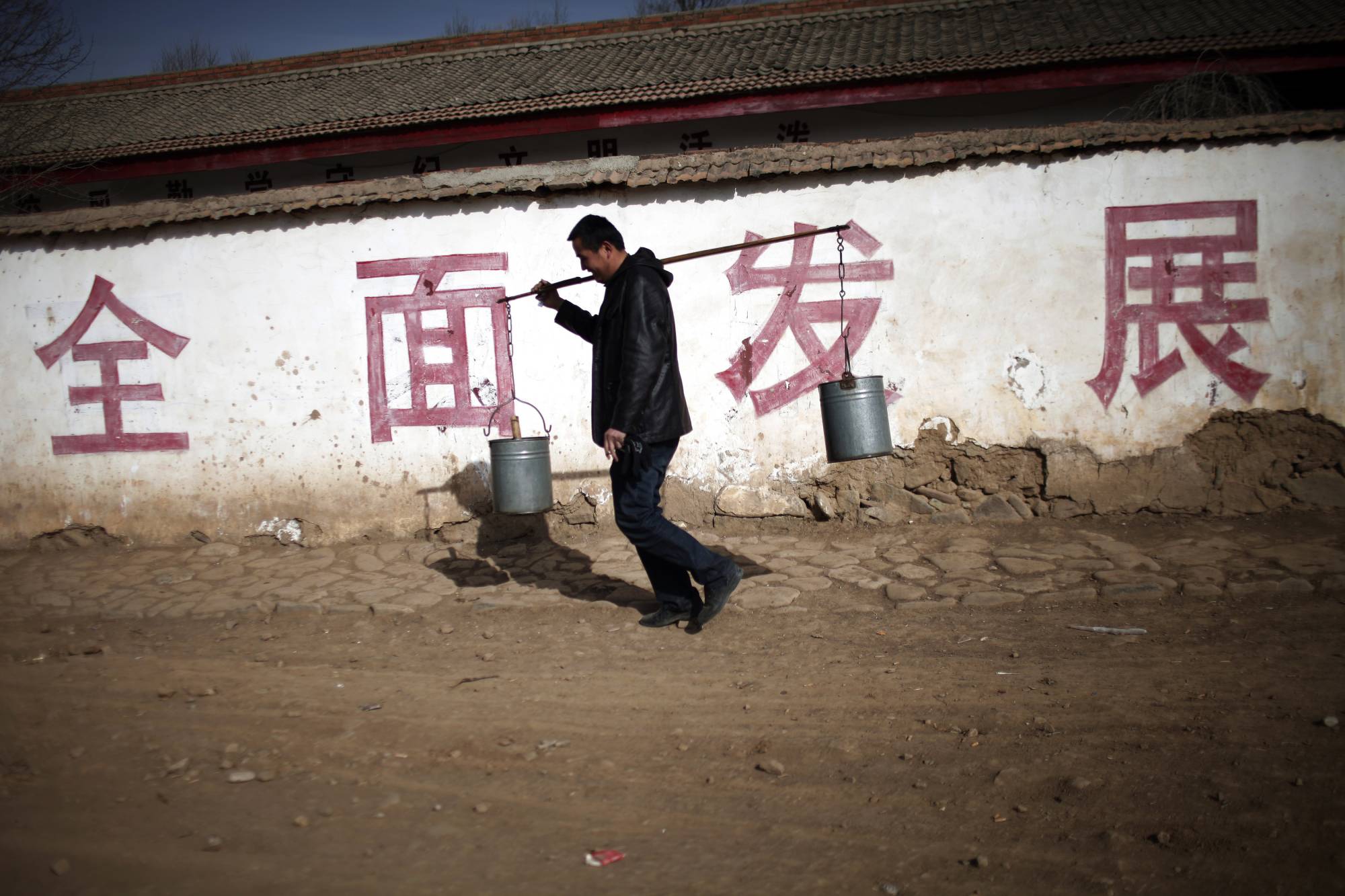The world is facing a triple crisis of food, energy and water scarcity.
While its immediate triggers were the COVID-19 pandemic and the Ukraine war, its roots run much deeper: a culture of relentless consumption, the rapid growth of inadequately planned cities and disregard for rural well-being.
In many ways, globalization rests on the principle that “bigger is better.” Massive conglomerates can achieve economies of scale that small- and medium-size enterprises cannot, and highly concentrated cities generate more innovation, gross domestic product growth and productivity than dispersed, sparsely populated rural areas. The natural next step on the quest for scale and concentration is networked “smart cities” and urban hubs.


















With your current subscription plan you can comment on stories. However, before writing your first comment, please create a display name in the Profile section of your subscriber account page.